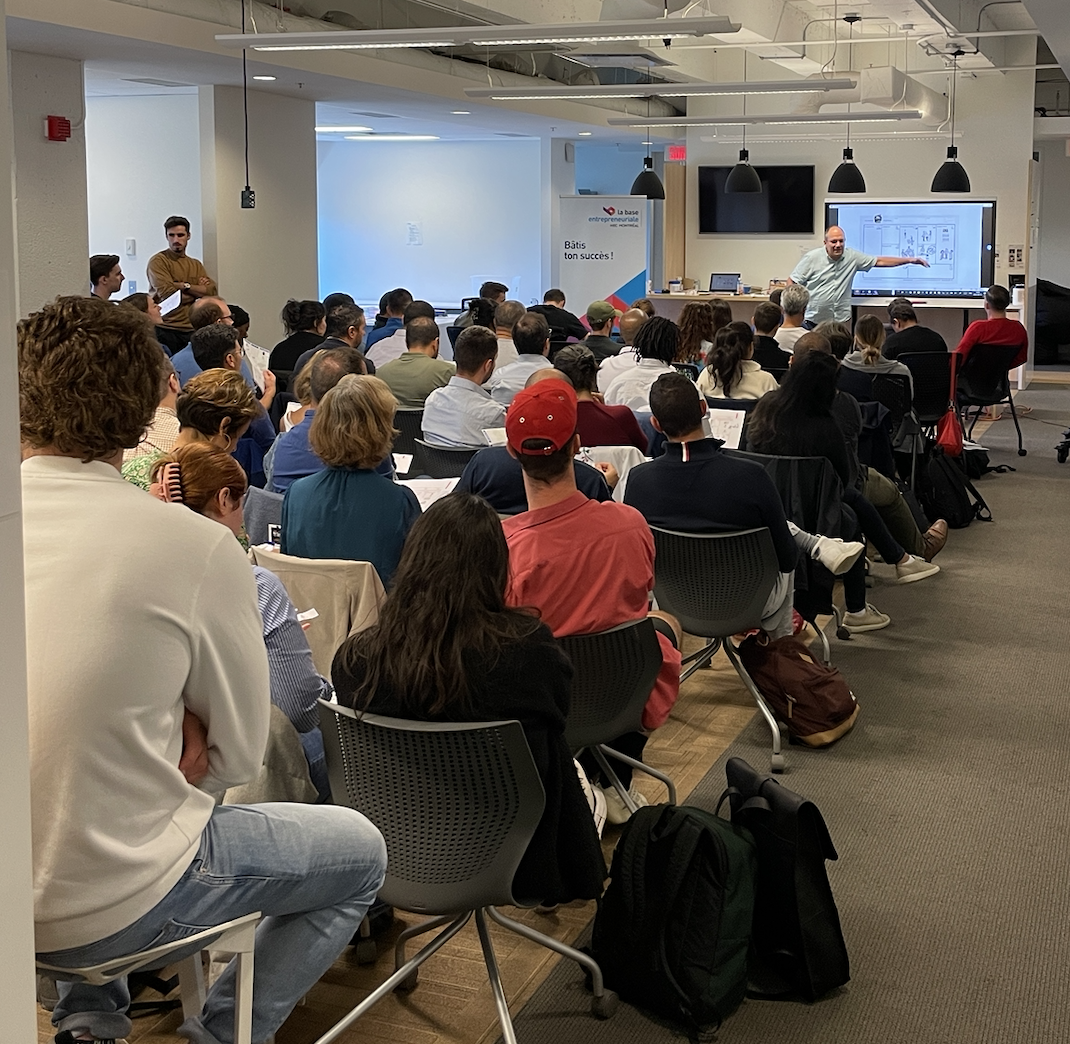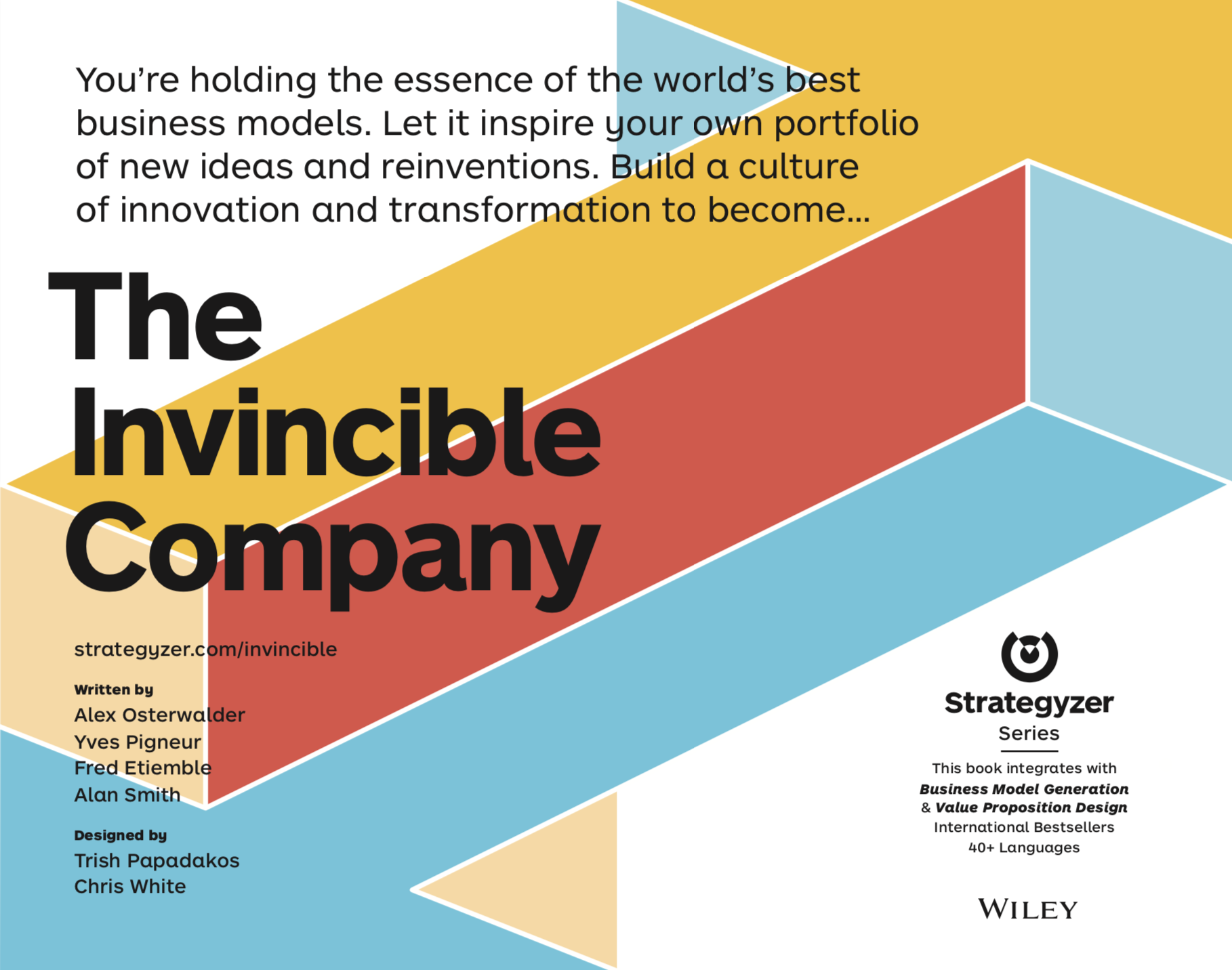Archive for the ‘case studies’ Category
Innovation in case teaching
Monday, February 25th, 2013Innovation in Case Teaching Competition winner 2013

Sabine Emad, professor at HES Genève and doctoral student at HEC Lausanne, together with Wade Halvorson, professor at SP Jain School of Global Management, have won the first ECCH Innovation in Case Teaching Competition with their entry “Teaching the Virtually Real Case Study” (more)
LINK Methodology to design “inclusive” business models
Sunday, November 11th, 2012received, read and analysed the manuals sent by Mark Lundy, related to the “LINK Methodology: A Participatory Guide to Business Models that Link Smallholders to Markets” (web), original, appealing and well-designed methodology, inspired by the BMGEN canvas. Mark is senior researcher at the International Center for Tropical Agriculture (CATI), at Cali, Colombia
“The LINK methodology argues that inclusive business practices in an era of tightening global supplies and natural resource limitations, such as agriculture, is simply good business. Well-managed, inclusive businesses have to potential to create a win-win situation: farmers gain access to markets, knowledge, and technology and increase their income and resilience. While buyers – beyond considerations of CSR and the creation of ’ethical products’ – are better able to source key raw materials to their specifications at a competitive cost … (more)
The LINK Methodology (intro) proposes four key tools: 1) Value Chain Map, 2) Business Model Canvas, 3) New Business Model Principles, and 4) Prototype Cycle. The case studies and illustrations of social business models are great. Several tools are based on the business model canvas, revisiting some concepts (key tool 2), such as a chain of business models. I am not convinced by all of the extensions proposed in the manuals but the questions are good and should generate nice discussions on eco-systems of business models.
Ticketcorner
Friday, August 4th, 2006At the beginning of August, 1999, Mr. Philipp Gihr, Chief Operating Officer at Ticketcorner, the leading Swiss ticketing organization, started working on a strategic building block at the company’s headquarters in Rümlang, just a few minutes from Zürich international airport. Ticketcorner, which had just come out of a merger and had been newly incorporated as a public limited company, was increasingly unhappy with its ticketing platform that it had licensed from Ticket Online, a multi-national software provider for several years. Since the ticketing platform represented Ticketcorner’s key business tool, the company decided to outline what its dream platform and IT infrastructure would look like. Such a document would allow Ticketcorner to develop, license or acquire a new platform, which would provide the company with the strategic foundation for its planned European expansion. Mr. Gihr already had quite a good idea what the key characteristics of such a platform would look like, in order to be aligned with Ticketcorner’s strategy and business model. …
See the case study website (ticketcorner)
Cases in IS
Sunday, January 1st, 2006(2006 – 2007)
’Cases in Information Systems ’ CasIS’ (previously known as FOIS1 for Managers) intends to put the participants through an initial (online) test, which provides the basis for a customized set of e-learning modules to level the prior knowledge of the participants. Using online preparation modules, consisting of newly produced modules as well as of reviewed and adapted FOIS modules, the acquisition of declarative knowledge is being transferred from classroom teaching to online learning. Moreover, case study work will be supported by multimedia case studies, giving the students a very realistic scenario. Students get addtional resources like methods and analysis tools. There will, thus, be more time for working on case studies, discussions with experts, and to answer the participants’ questions in the classroom. Specifically, ’Cases in Information Systems ’ CasIS’ proposes to (1) develop online preparation modules by re-using and adapting e-learning modules on information systems (IS) developed for bachelor students within the SVC projects FOIS and OPESS2 to the requirements of master programs (both for university and executive academic education) as well as developing new e-learning preparation modules, (2) develop e-learning modules for the case study work and (3) investigate methods for dynamic online assessment and customization of learning units. In addition, ’Cases in Information Systems’ tests the technical, organisational, and didactic processes that are needed to adapt eonline material produced for Bachelor education to the requirements of master education.
Our contribution deals with the Ticketcorner case study.
See the case study website (ticketcorner)
Research grants
Funded by the Swiss Virtual Campus (CSV).







